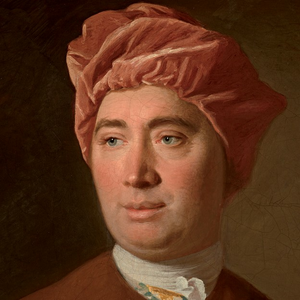
How David Hume Helped Me Solve My Midlife Crisis
- Article
- Sep 14, 2015
- #Memoir #Philosophy
I knew who I was professionally. When I was 16, I’d discovered cognitive science and analytic philosophy, and knew at once that I wanted the tough-minded, rigorous, intellectual lif...
Show More